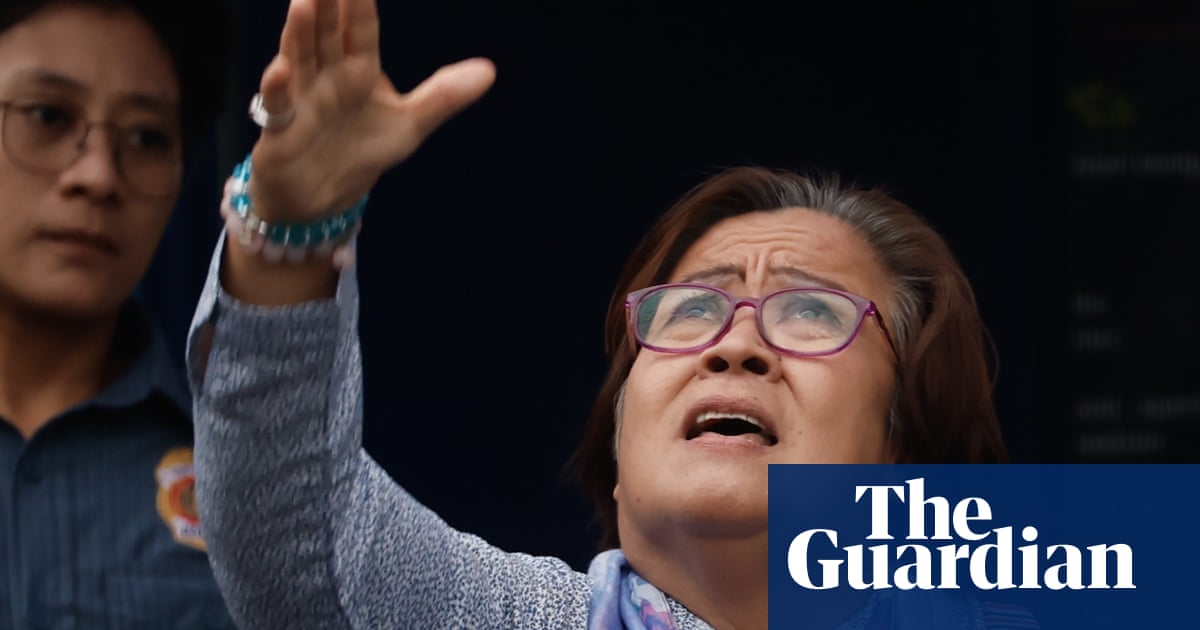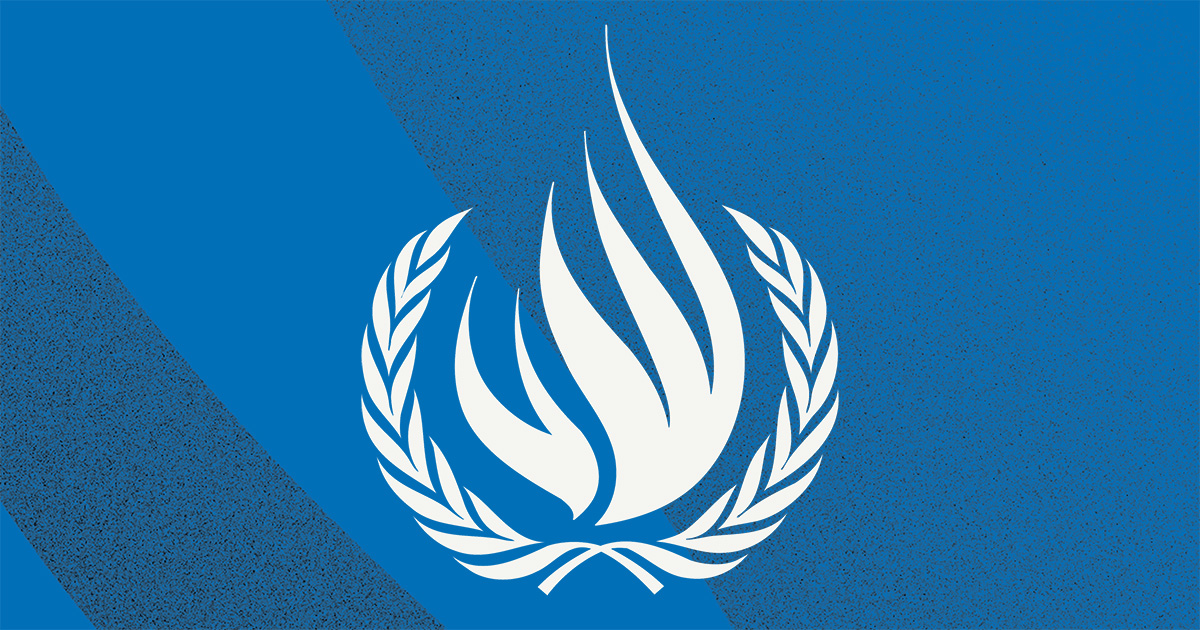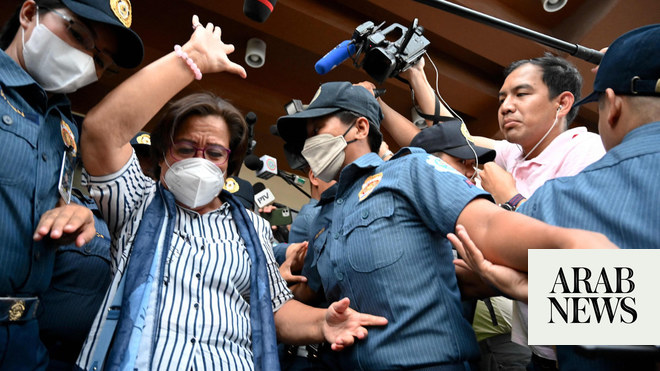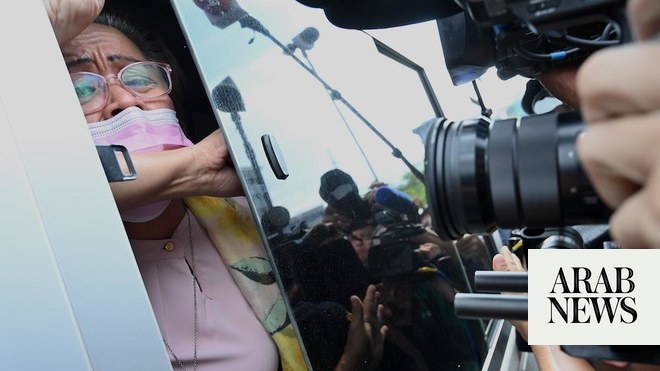
The most prominent critic of the former Philippine president Rodrigo Duterte’s so-called “war on drugs” has been granted bail, after more than six years in jail on what rights groups condemned as trumped-up charges.
Leila de Lima, 64, a former senator and human rights commissioner, emerged from court on Monday to cheers from supporters, who chanted “Justice” and “Leila will soon be free”.
Surrounded by crowds of media and police escorts, she said: “For years, my whole being has been crying out for justice and freedom … For more than six long years I’ve been praying, praying so hard for this day to come.”
De Lima was arrested in 2017, months after she had launched a senate inquiry into Duterte’s brutal anti-drugs crackdown, which is the subject of an investigation by the international criminal court.
Duterte had accused her of receiving payoffs from drugs gangs while she was justice minister, and she faced three drug-related charges, two of which have been dismissed. She has always denied any wrongdoing.
On Monday, she was granted bail in the final pending case, which she had sought on health grounds.
UN human rights experts, as well the European parliament, have long called for her release, and witnesses who testified against her have recanted their statements.
De Lima has said the charges were an act of revenge by Duterte, who she described at the time of her arrest as “a murderer and a sociopathic serial killer”.
She had long criticised his governance. In her former role as chair of the national Commission on Human Rights, De Lima had sought to expose killings by so-called “death squads” in Davao City, where Duterte was mayor for more than two decades.
De Lima was considered the most prominent political prisoner under his administration. In prison she continued her work as a senator, issuing handwritten statements from detention, often condemning Duterte’s governance. She was unable to campaign in the 2022 election, however, and lost an attempt to run again for a senate position.
On Monday, De Lima thanked her legal team, as well as the administration of President Ferdinand Marcos Jr, Duterte’s successor. His administration had, she said, respected “the independence of the judiciary and the rule of law”.
Marcos has previously said he would not cooperate with an ICC investigation into the drugs war killings.
Between 12,000 and 30,000 civilians are estimated to have been killed in connection with anti-drugs operations from July 2016 to March 2019, according to data cited by the ICC.
Government data estimates are lower, and say at least 6,252 people were killed in police operations between July 2016, and May 2022. Police have said any killings were only in self-defence.












